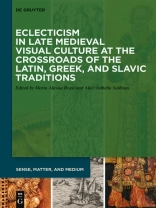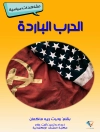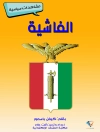This volume builds upon the new worldwide interest in the global Middle Ages. It investigates the prismatic heritage and eclectic artistic production of Eastern Europe between the fourteenth and seventeenth centuries, while challenging the temporal and geographical parameters of the study of medieval, Byzantine, post-Byzantine, and early-modern art. Contact and interchange between primarily the Latin, Greek, and Slavic cultural spheres resulted in local assimilations of select elements that reshaped the artistic landscapes of regions of the Balkan Peninsula, the Carpathian Mountains, and further north. The specificities of each region, and, in modern times, politics and nationalistic approaches, have reinforced the tendency to treat them separately, preventing scholars from questioning whether the visual output could be considered as an expression of a shared history. The comparative and interdisciplinary framework of this volume provides a holistic view of the visual culture of these regions by addressing issues of transmission and appropriation, as well as notions of cross-cultural contact, while putting on the global map of art history the eclectic artistic production of Eastern Europe.
关于作者
Maria Alessia Rossi, Princeton University, USA;
Alice Isabella Sullivan, Tufts University, USA.












